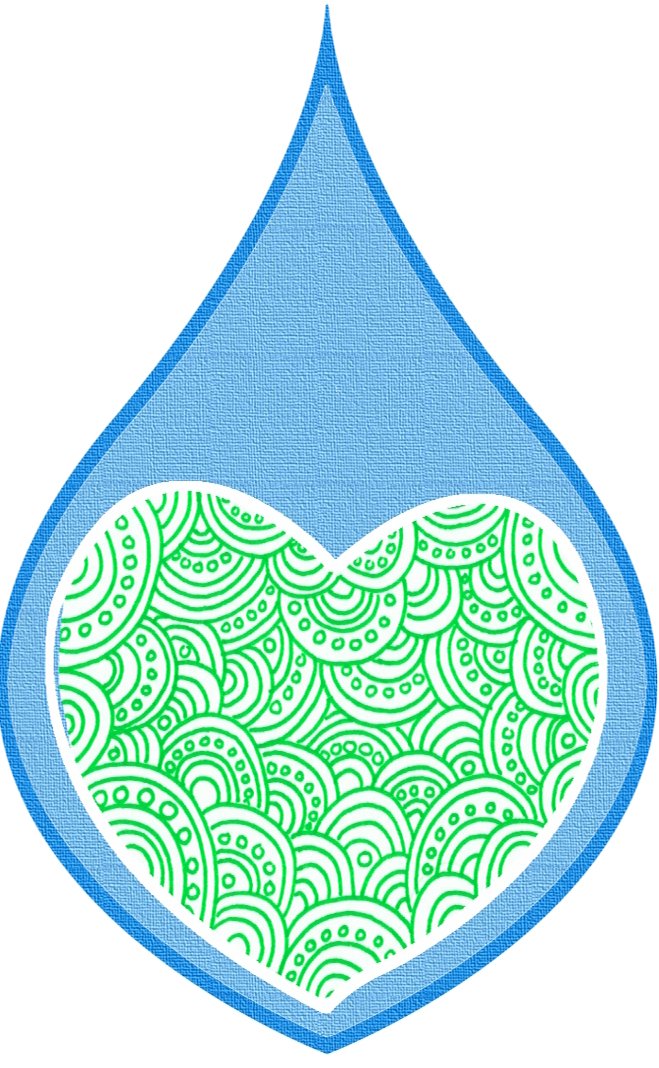Hey everyone,
I’m having a busy week and don’t have time to write anything, but I wanted to get something posted so here are a few of my favorite WASH related books.

Book titles occasionally include the term field guide in a euphemistic sense, and such works very rarely are actually used in the trenches. With Field Guide to Environmental Engineering for Development Workers, however, a more literal take is in order. Indeed, on the inside front cover the reader will find a checklist of steps to be taken to avoid diarrhea. With a large team of authors and contributors, most of whom spent time in the Peace Corps, this book is nothing less than a how-to guide for applying engineering know-how to help people in the developing world gain access to clean water and achieve higher standards of sanitation. A foreword by the former U.S. president Jimmy Carter, our volunteer in chief, underlines the importance of the mission at hand. The guide is densely packed with straightforward, practical black-and white illustrations and sketches, many of them showing the construction and operation of various facets of infrastructure that we in the developed world tend to take for granted. Proper construction of pipeline crossings, assessing the status of a wastewater lagoon by interpreting the color of its water, and understanding how to increase the capacity of a gravity-fed water system are among the many topics covered in this work. Field Guide is meant to be, as much as possible, accessible to those who are not engineers but want to do their part in helping people who are less fortunate. Engineers may not be impressed by the sophistication of the technology described, but they are sure to be sobered by the realization that the basic needs of so many millions of people around the world are not being met. And those working to meet those needs will find it very useful.

“Small-scale Water Supply” provides non-specialists with an overview of the technologies available for water supply in low-income communities in rural areas of developing countries. Focusing chiefly on “point supplies” such as wells, boreholes, springs and rainwater catchment systems, the book also introduces the reader to powered pumps, water treatment and piped distribution systems.
Chapters cover design capacity, sources of water, raising water, storage and water treatment. The book contains useful illustrations of each of the technologies and outline guidance on making appropriate choices between technologies.
The subject of water supply is vast and this handy book shows the reader where to begin in designing water supply systems. Extensive appendices point the reader to sources of further information for each technology, both in printed form and from Internet web pages.

This book isn’t specifically related to WASH, but can be used in the field by NGO staff to help have a successful project. You can download the PDF here.
For years, businesses have used human-centered design to develop innovative solutions. Why not apply the same approach to overcome challenges in the nonprofit world? This project, funded by International Development Enterprise (IDE) as part of a grant from the Bill & Melinda Gates Foundation, sought to provide NGOs and social enterprises with the tools to do just that. IDEO, in collaboration with nonprofit groups ICRW and Heifer International, developed the HCD Toolkit to help international staff and volunteers understand a community’s needs in new ways, find innovative solutions to meet those needs, and deliver solutions with financial sustainability in mind. The HCD Toolkit was designed specifically for NGOs and social enterprises that work with impoverished communities in Africa, Asia, and Latin America. The free kit, available for download here, walks users through the human-centered design process and supports them in activities such as building listening skills, running workshops, and implementing ideas. The process has led to innovations such as the HeartStart defibrillator, Cleanwell natural antibacterial products, and the Blood Donor System for the Red Cross — all of which have enhanced the lives of millions of people. The HCD toolkit has been used by organizations throughout the developing world, including Acumen Fund, AyurVAID, Heifer International, ICRW, IDE, Micro Drip, and VisionSpring.
Enjoy!
